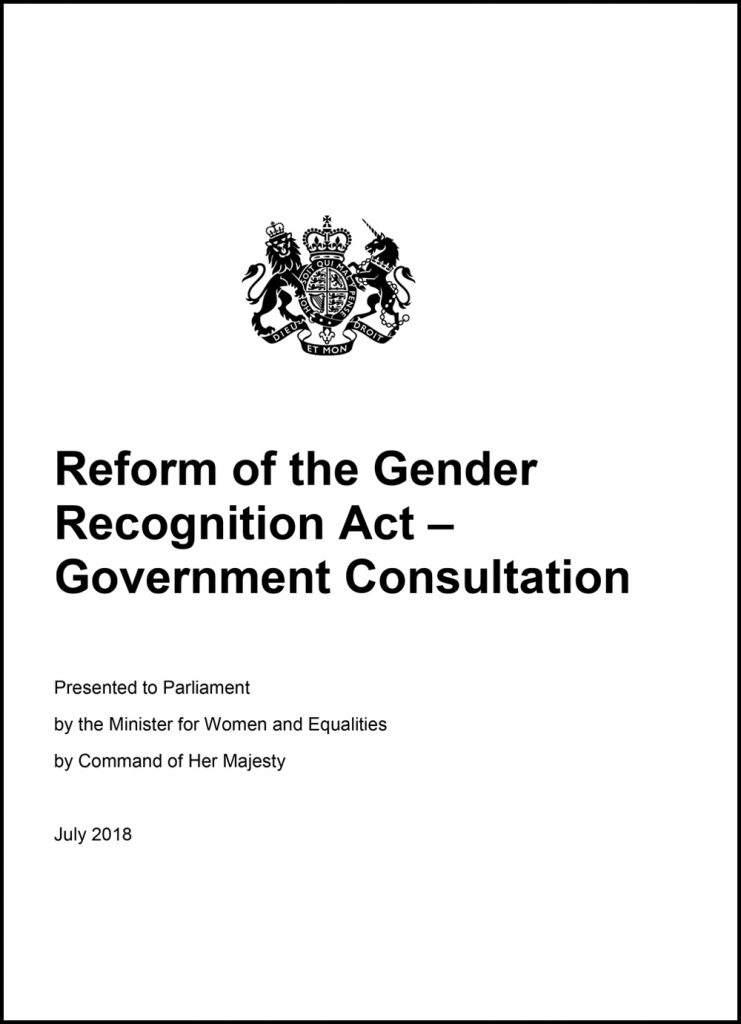Kent Law School’s Centre for Law, Gender and Sexuality (soon to be renamed: Centre for Sexuality, Race, and Gender Justice) has responded to the government’s consultation on the Gender Recognition Act (GRA).
The aim of the consultation has been to seek views on how best to reform the process of changing one’s legal gender (focusing on the Gender Recognition Act 2004 rather than by proposing any amendments to the Equality Act 2010). The consultation claims that ‘it does not consider the question of whether trans people exist, whether they have the right to legally change their gender, or whether it is right for a person of any age to identify with another gender, or with no gender’ but rather acknowledges that trans and non-binary people ‘are members of our society and should be treated with respect’ with no intention to limit the existing right that trans people have to legally change their gender. The consultation focuses on how the Government ‘might make the existing process under the Gender Recognition Act a better service for those trans and non-binary people who wish to use it’. Whilst this intention may seem laudible, there are still a number of concerns that the Centre has which underpins its response to the consultation. These include:
- The terms of the consultation are limited to potentially making the GRA more accessible and therefore making it easier for people to amend the sex marker on their birth certificate through a gender recognition certificate (GRC) yet as the government has explicitly stated that no changes to the Equality Act are proposed any equalities issues are effectively sidelined
- The consultation does not address important points about the recognition of trans parents, the future of legal sex/gender more broadly, the wider effects the recognition of non-binary people would have (See our answer to Q22)
- The medicalisation of trans people through the requirement for two medical reports detailing any treatment a person has undergone is a fundamental violation of privacy and should be abandoned (see our answer to Q3&4)
- The requirement for additional evidence and the two year waiting period are out of sync with comparative legal frameworks, eg Ireland and Malta and should be abandoned (see our answer to Q5)
- The spousal consent requirement has been extensively criticised by academics and trans people and was therefore never introduced in the Scottish GRA and should be abandoned as a matter of urgency (See our answer to Q7)
- The GRA needs to be amended to allow intersex people who wish to do so to easily change their sex marker on their birth certificate (see our answer to Q21)
For further detail, please read the Centre’s response in full

